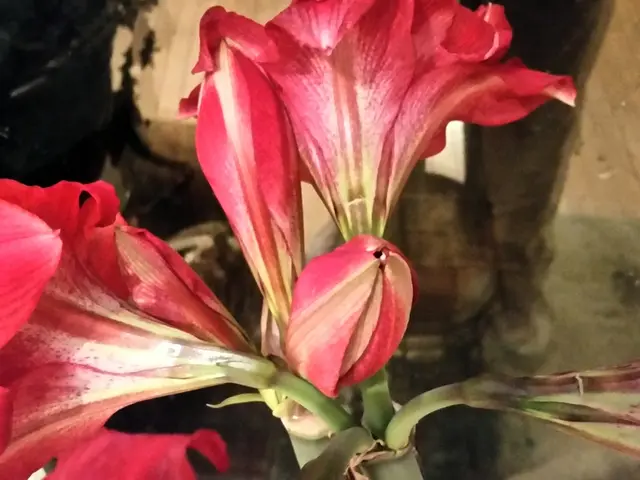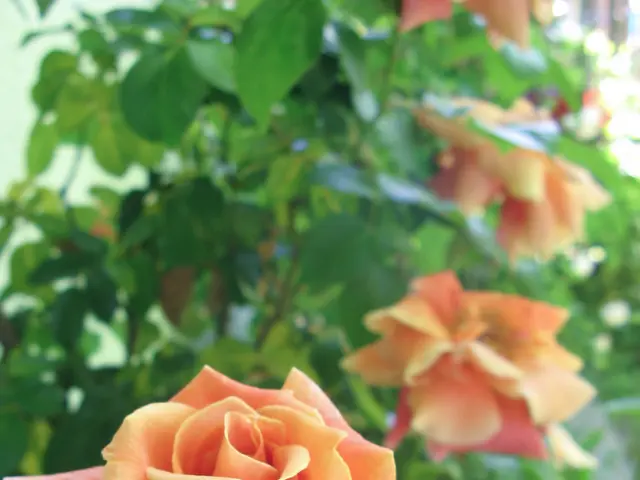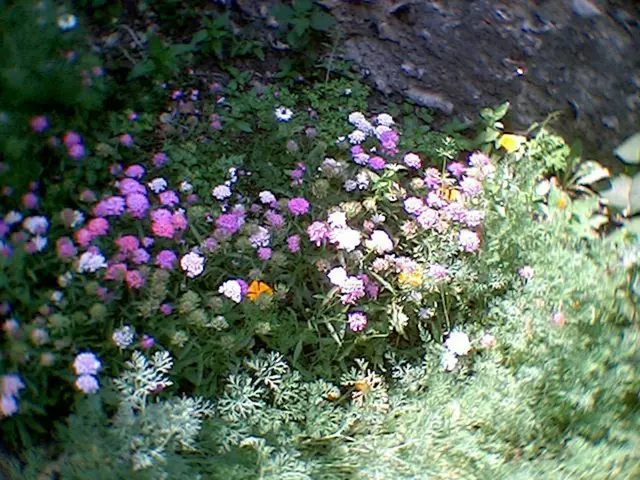Workshops on Creating Insect Habitats and Mini Forests in Jars, Held at a Senior Home in Warsaw, Led by Bain, on the 16th of May, 2025
On a sunny day in May 2025, our website teamed up with Bain to host an exceptional eco-focused event at the Senior Home on Oliwska Street, Warsaw. The primary goal? A blend of ecological education, social activation, and promoting intergenerational integration.
Seniors and Bain volunteers rolled up their sleeves and embarked on two exhilarating workshops—building insect homes and forests in jars. These activities not just emphasized environmental care but also combined manual work, creativity, and the sheer joy of teamwork.
Insect Homes: Small Fortresses, Big Impact
During these creative sessions, ten miniature dwellings, crafted from natural materials like wood, bamboo, pine cones, and straw, were built. These cozy homes are more than just architectural delights—they provide much-needed shelter for wild pollinators, such as solitary bees, bumblebees, ladybugs, and lacewings. As urban green spaces increasingly shrink, these houses serve as vital life-support systems for pollinators deficient in natural habitats.
Following the workshop, two of these insect homes found a permanent spot in the Senior Home's garden, serving as a poignant reminder of a day brimming with eco-engagement. The remaining eight homes will be placed strategically by our website across urban landscapes—parks, community gardens, and school grounds.
A Peak at the Perks
Building and maintaining insect homes offer a myriad of benefits, from environmental conservation to social engagement. Here's what you can expect:
- Biodiversity Bonus: Insect homes turn ordinary urban green spaces into thriving biodiversity havens, providing shelter for 20–30 diverse species, enhancing ecosystem stability, and boosting resilience against pest outbreaks.
- Supersizing Pollination: By hosting pollinators like solitary bees and lacewings, these homes bolster pollination and help sustain healthy plant communities.
- Natural Pest Patrol: Insect homes provide sanctuary to beneficial insects like ladybugs, offering free pest control services by ensuring that predators keep the pest population in check.
- Life in All Seasons: Insect homes provide shelter throughout the year, enabling beneficial insect populations to maintain balance and complete their life cycles.
Lifelong Learning and Connecting Generations
- Mastering Nature: Building and caring for insect homes offer unique opportunities for hands-on environmental education, allowing urban folk to understand insect life cycles, species interactions, and ecosystem dynamics.
- Eco-Awareness: By creating visible and accessible insect habitats, these initiatives stimulate understanding of urban biodiversity and the priceless role insects play in healthy ecosystems.
- Next Generation Eco- warriors: Educational programs centered around insect homes can empower children and young adults to nurture curiosity and foster a deep sense of stewardship towards the environment.
- United by Nature: These projects breed cooperation among diverse age groups—children, parents, and seniors can connect, collaborate, and share knowledge.
- Joining Forces: Community gardens and insect homes encourage friends, families, and neighbors to work together, fostering a sense of shared responsibility, belonging, and community pride.
- Cross-generational Exchange of Ideas: Elders can share cherished ecological wisdom, while younger generations bring inventive ideas and digital tools to enrich the learning experience for all.
The workshops led to the construction of miniature insect homes using natural materials, which not only serve as lifelong educational learning opportunities for seniors but also contribute to the biodiversity of urban landscapes by creating thriving habitats for up to 30 diverse insect species. Additionally, by integrating gardening and environmental-science initiatives into home-and-garden and lifestyle aspects, individuals across generations can work together, fostering intergenerational integration and eco-awareness.








